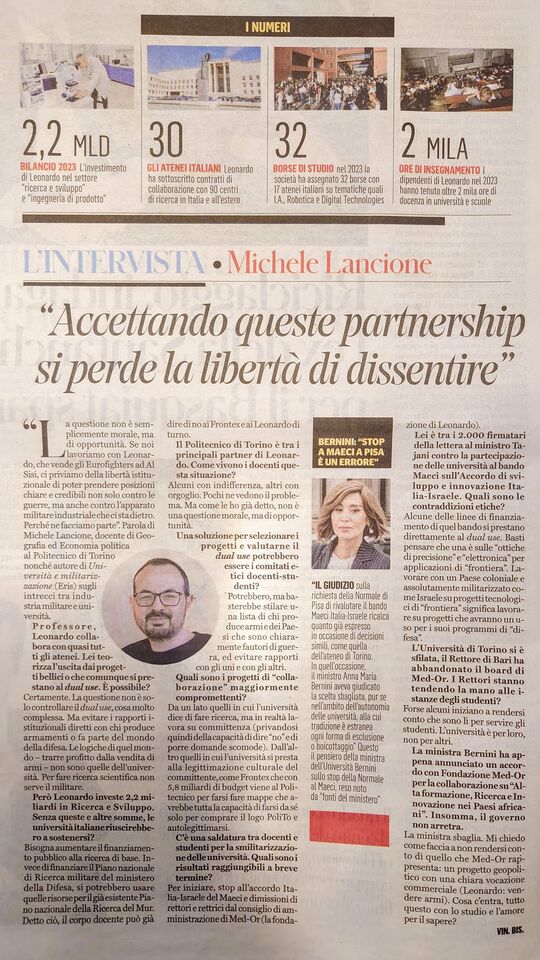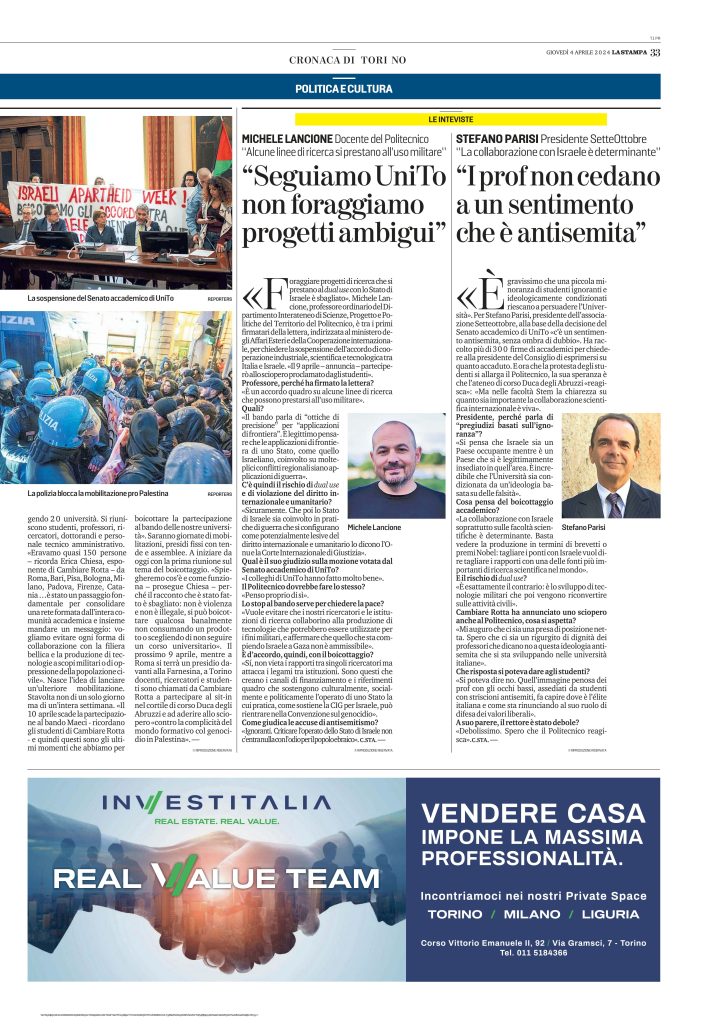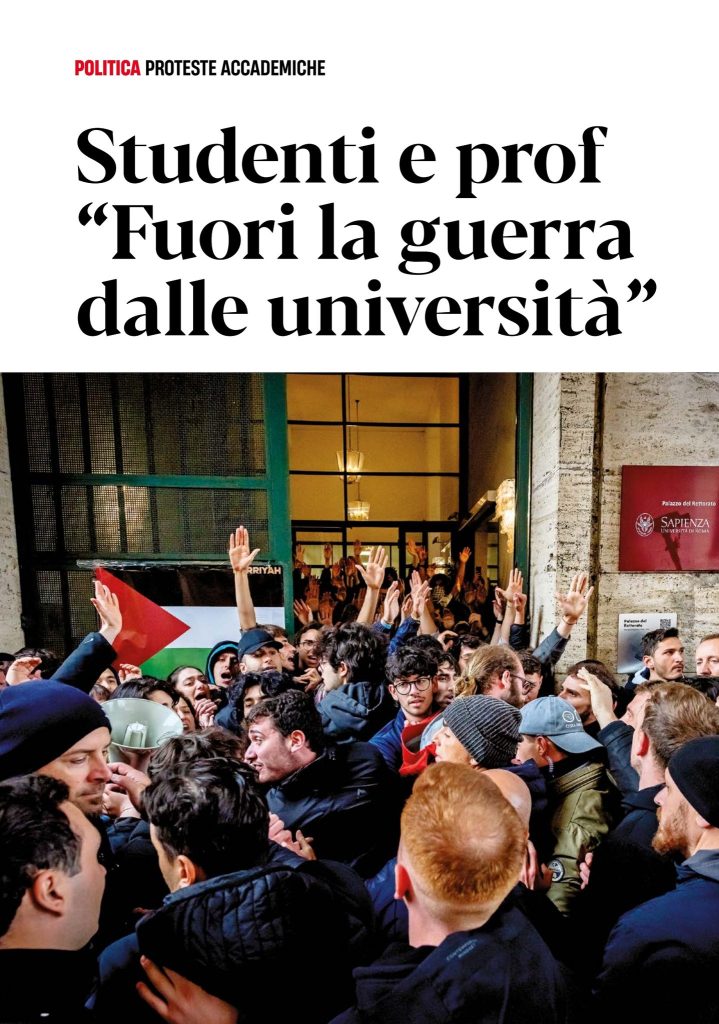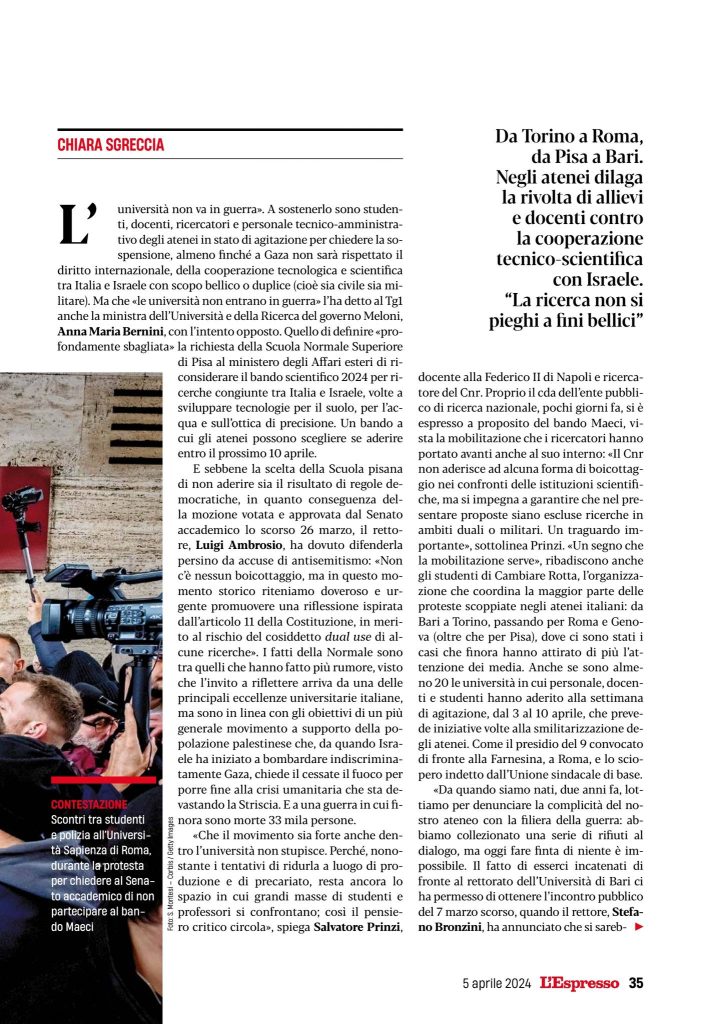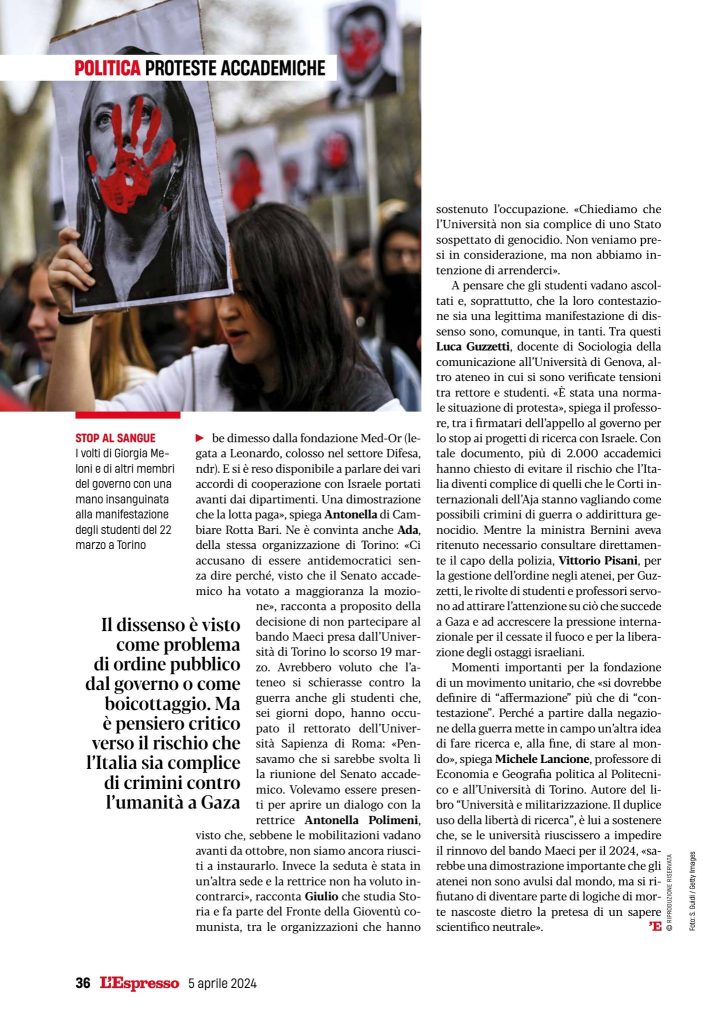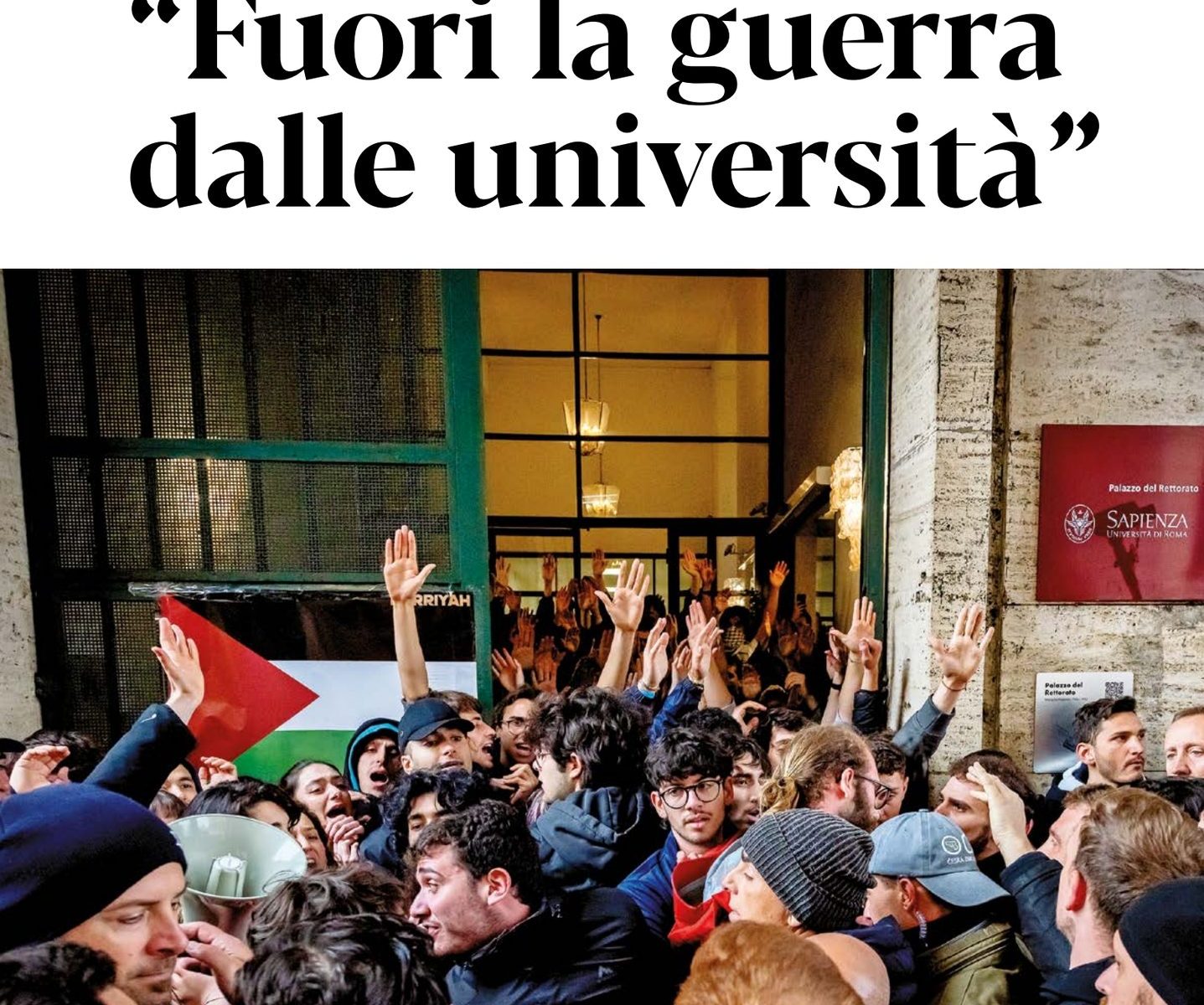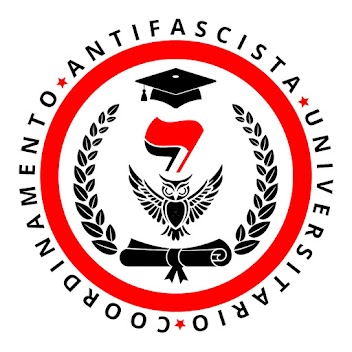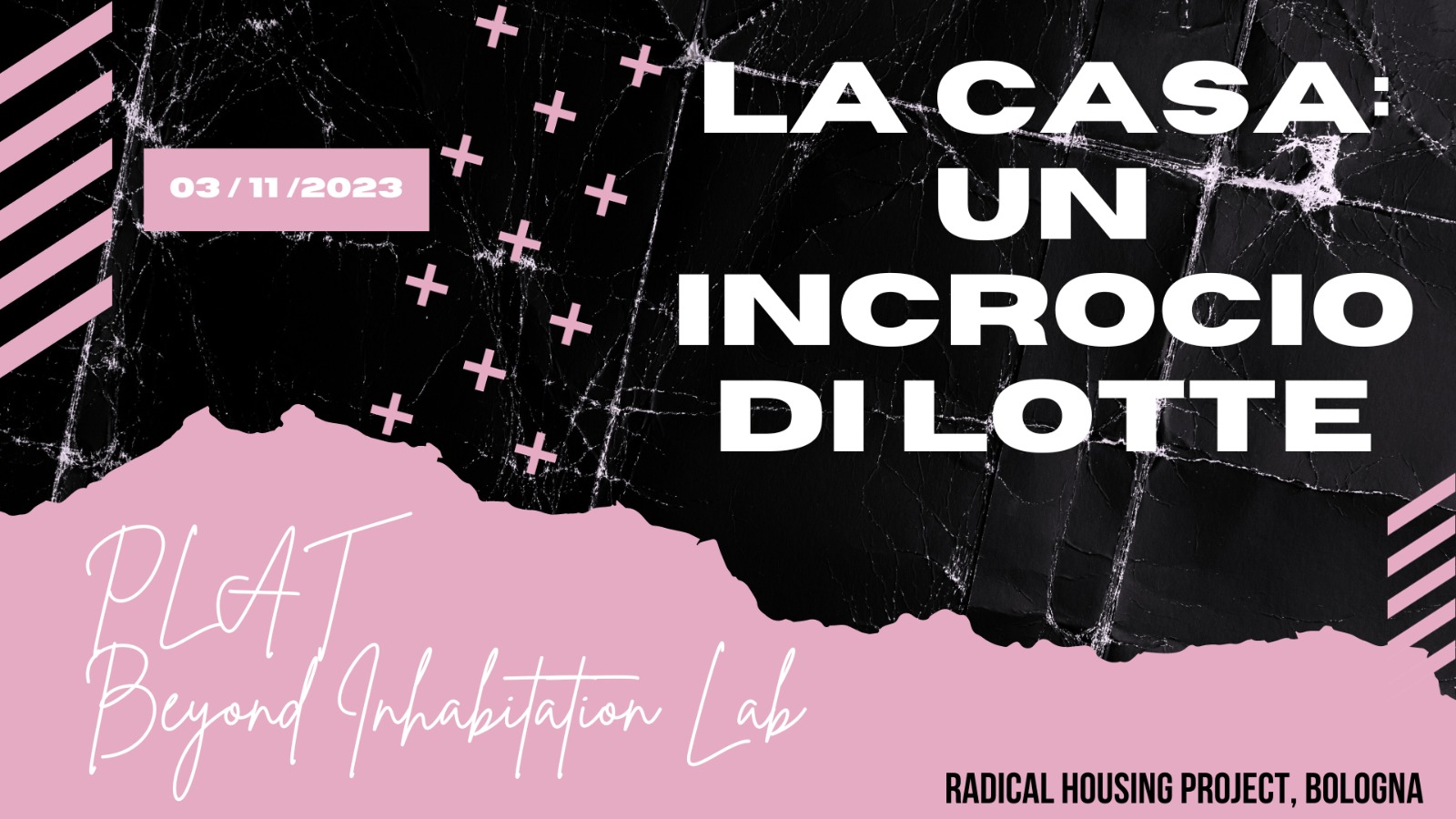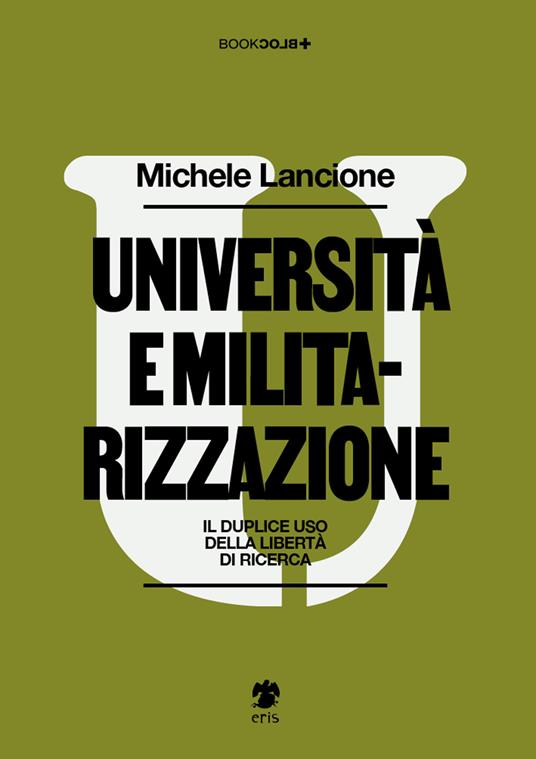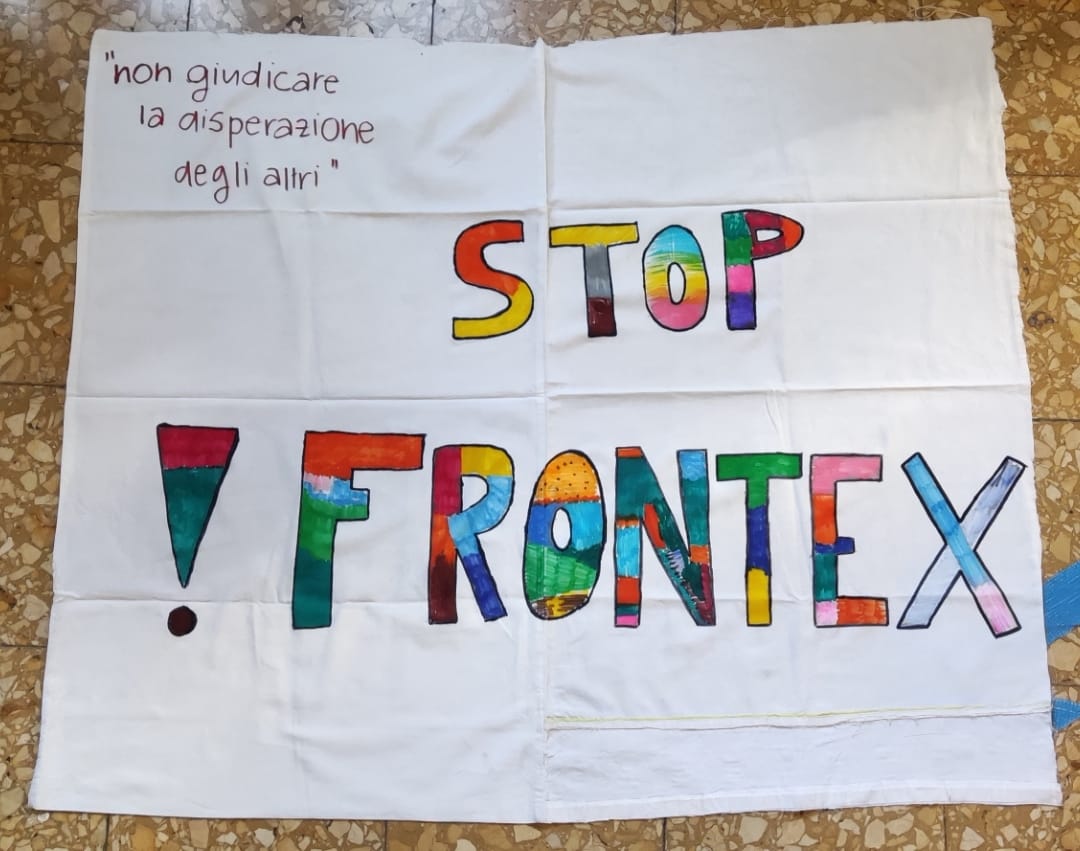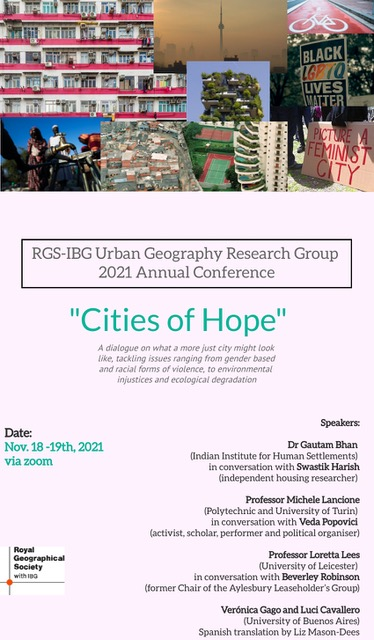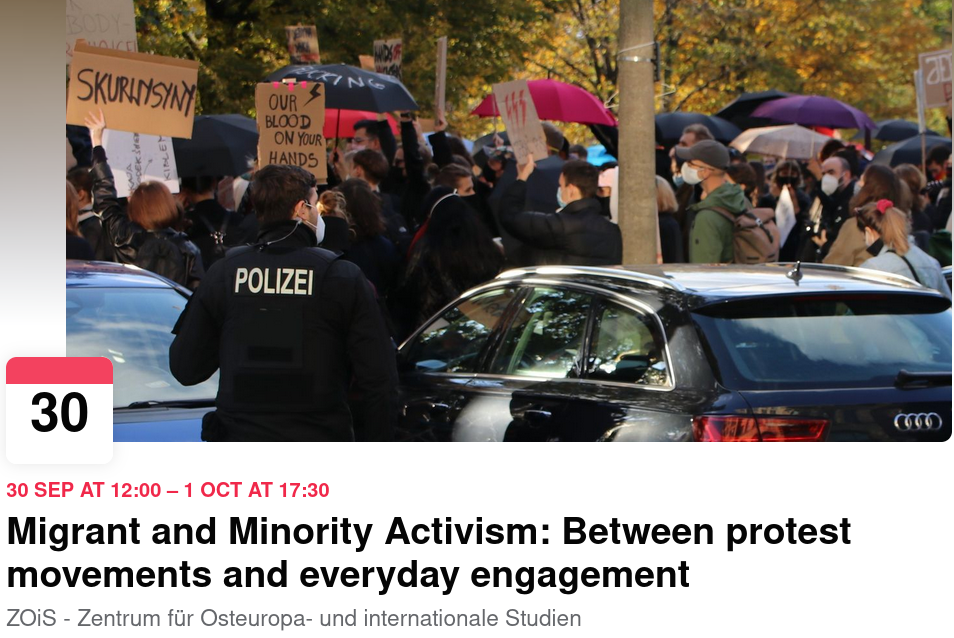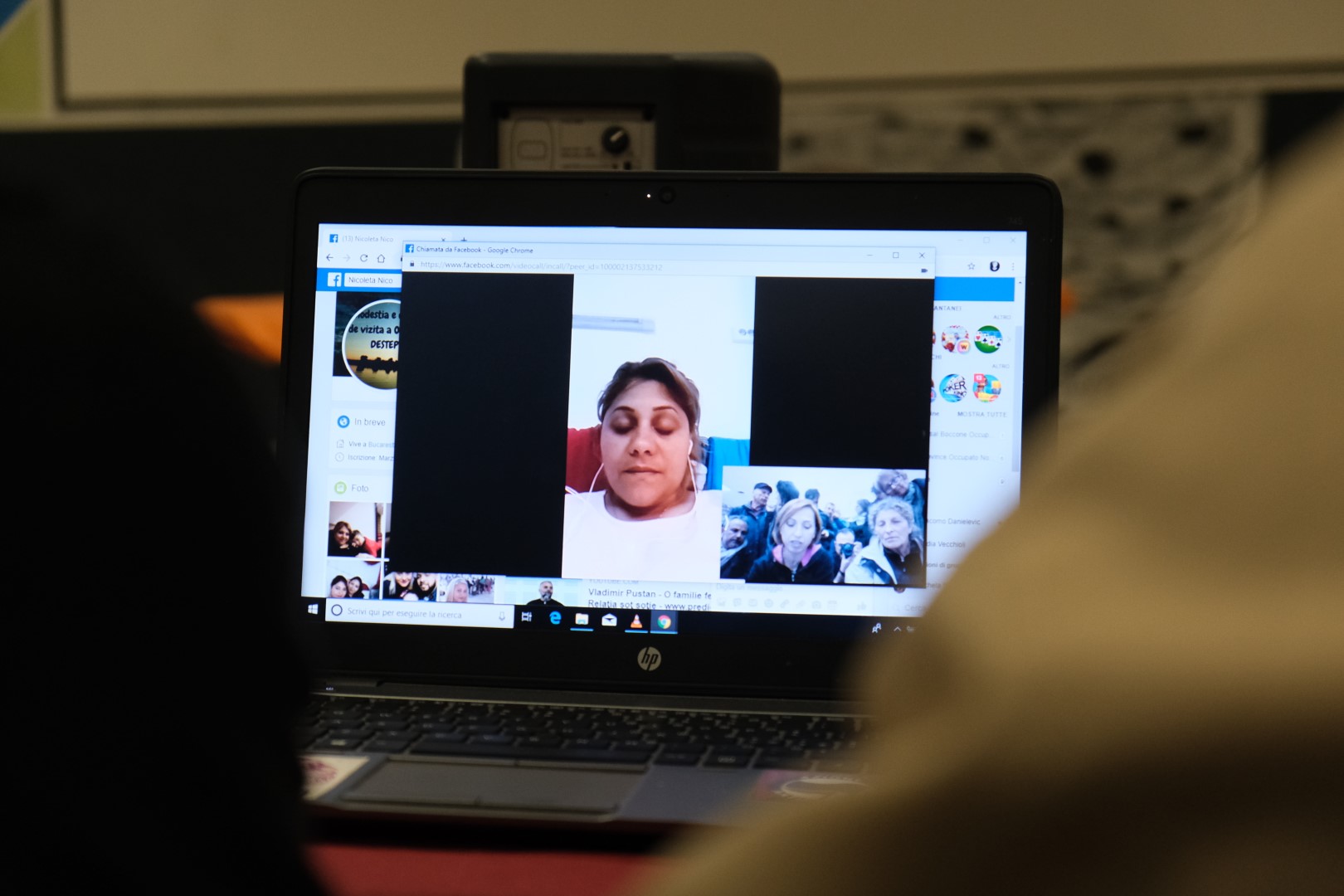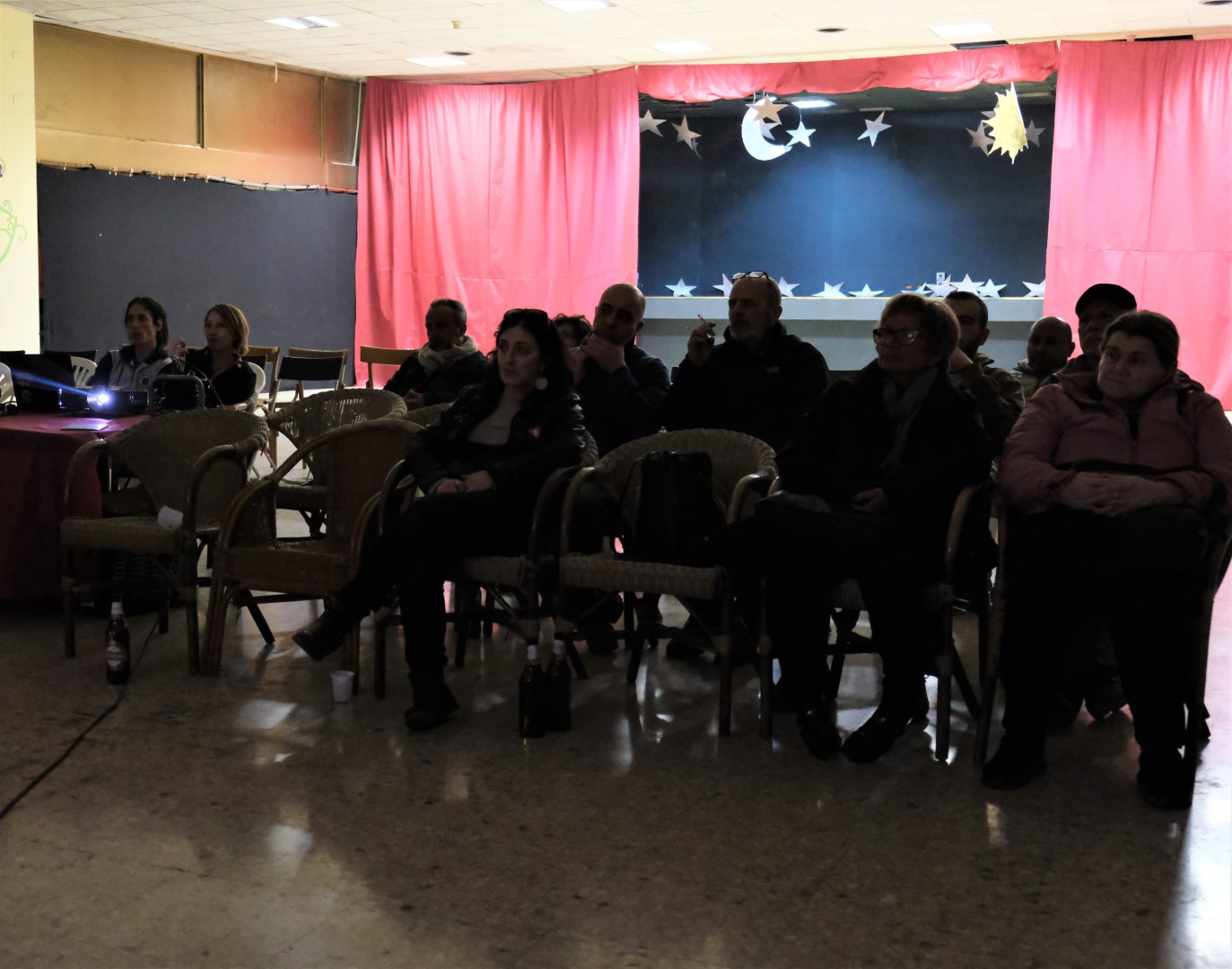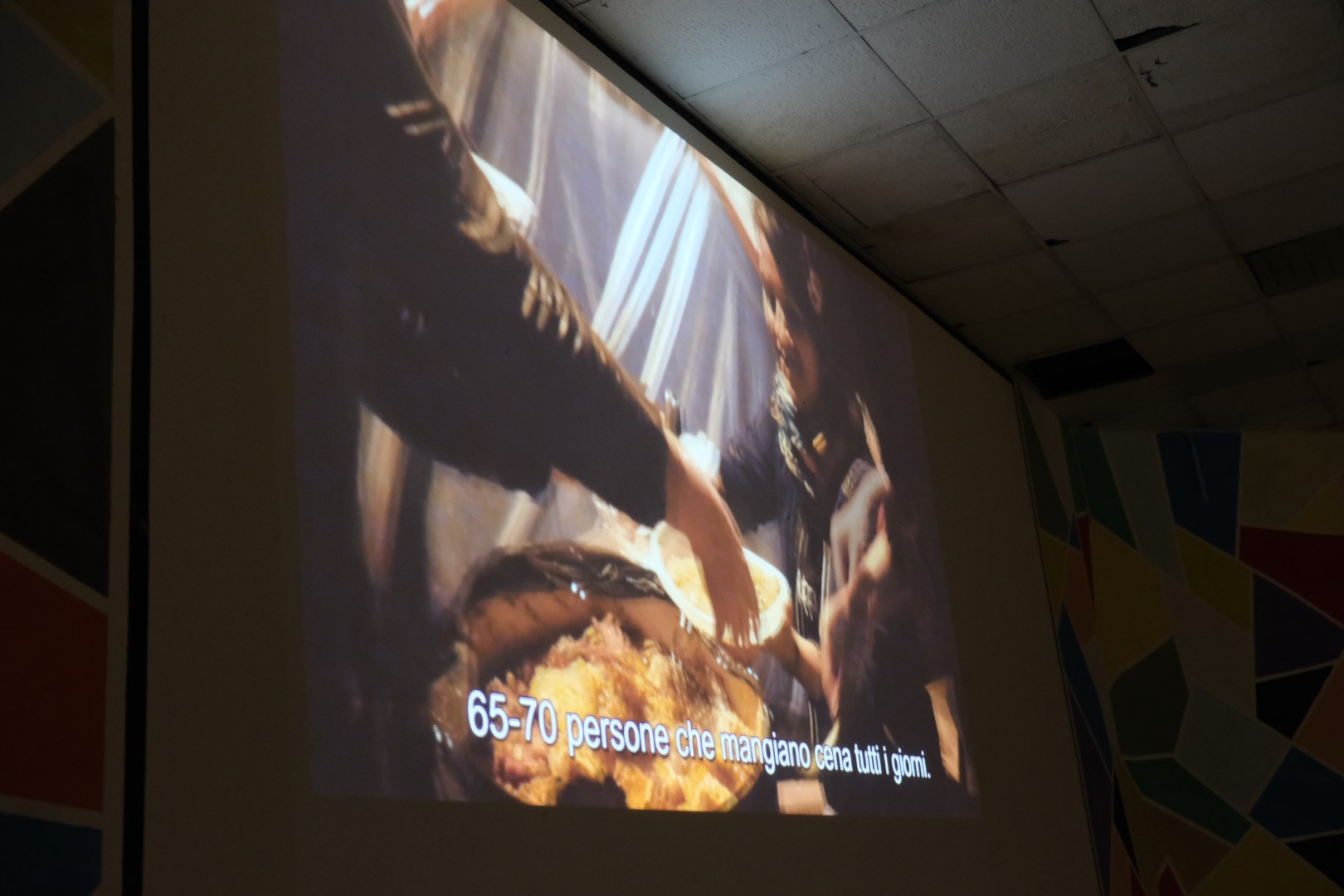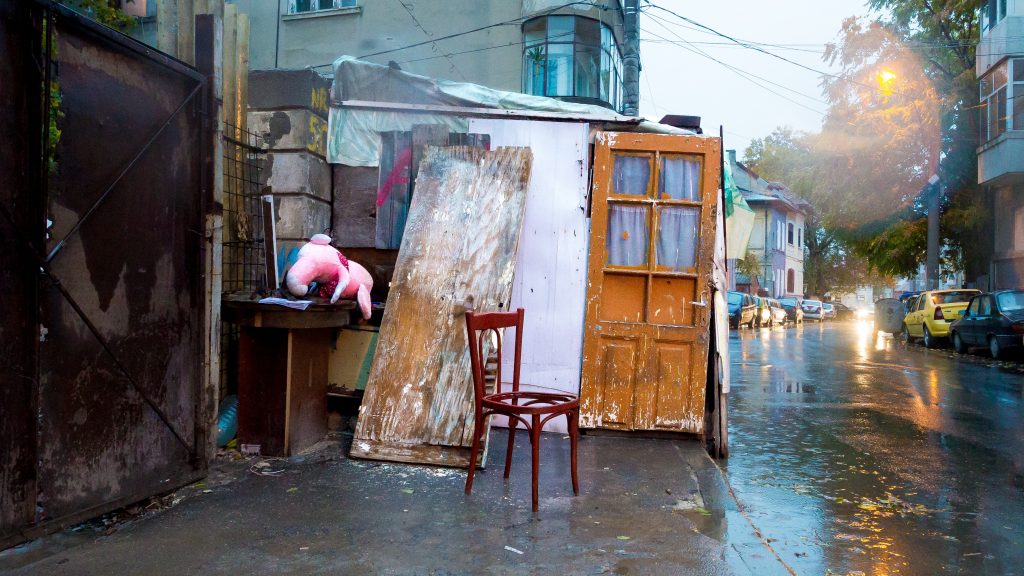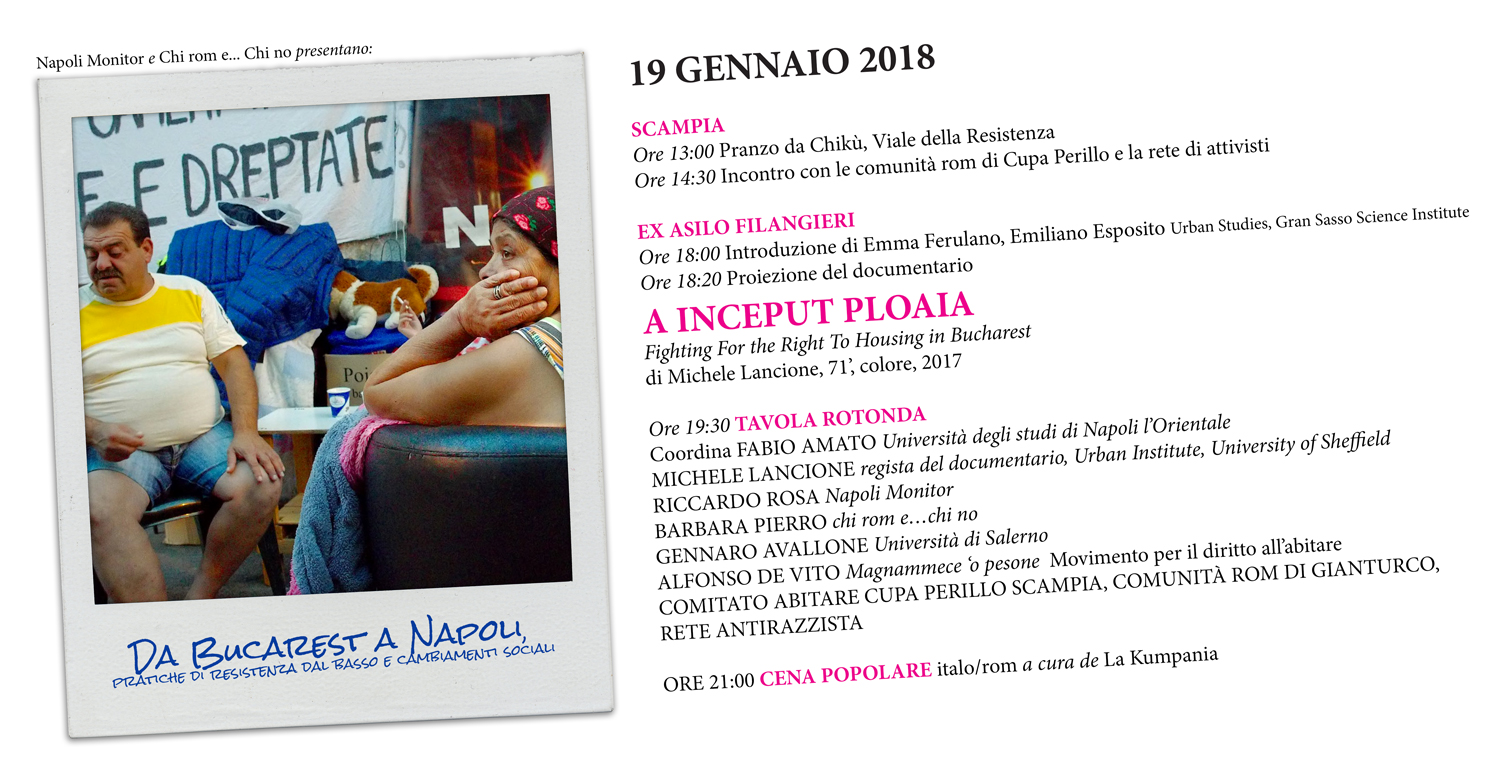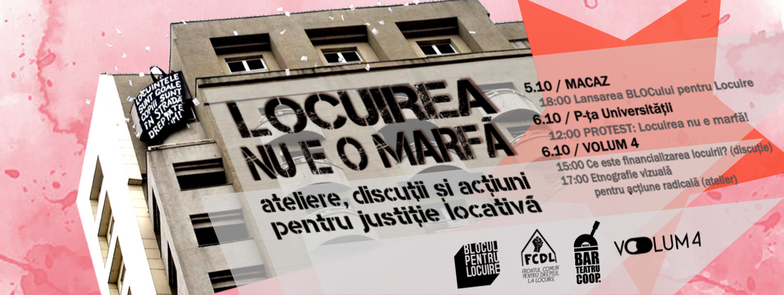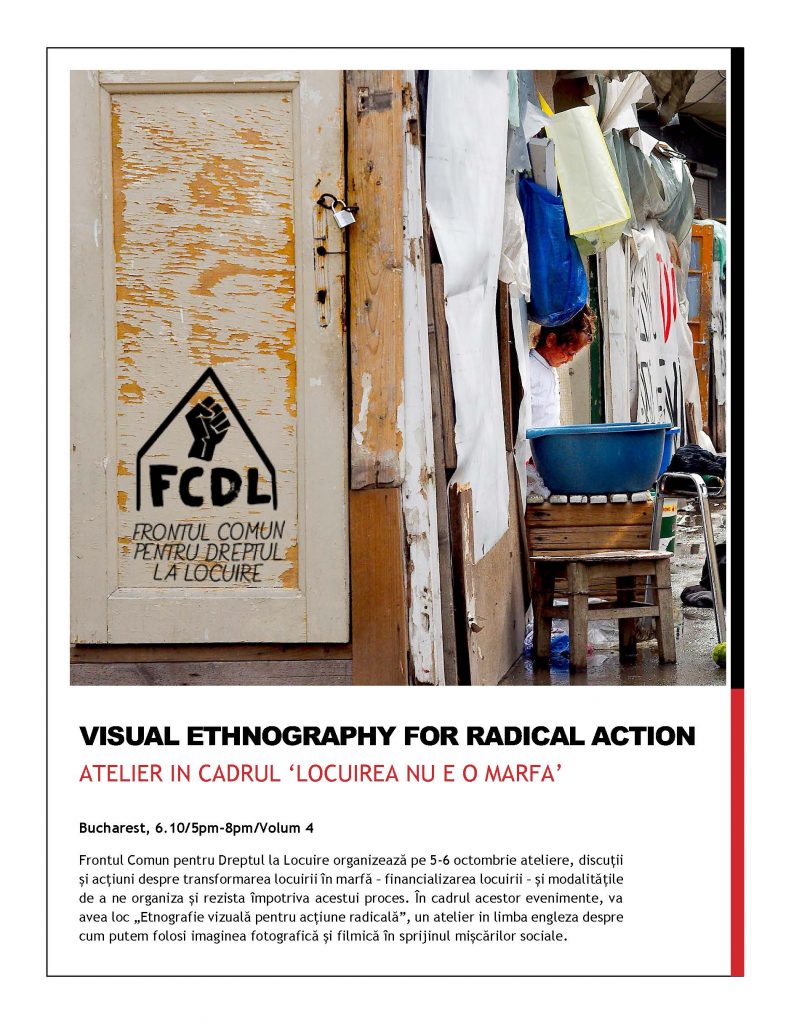For a few weeks, a number of academics in Italy have been working to stop an agreement between the Italian Ministry of Foreign Affairs and the State of Israel to finance ‘scientific projects’ that can lead themselves to military use. The agreement – this one – speaks of research focused on ‘frontier applications’ in the realm of precision optics, electronics and quantum technologies. Working for this kind of technologies with the State of Israel today means working with its military-industrial complex.
Our letter received more than 2,500 signatures from concerned academics and university personnel around Italy, and students have used it to organise on the matter across the country. We scored some concrete successes since the agreement has been stopped, or at least put in question, in a number of Universities, including Turin and the Normale of Pisa. The original letter – here – is in Italian, but I am translating it a bit below:
“At the end of February 2024, we learn that the Ministry of Foreign Affairs and International Cooperation is announcing a call for joint research projects based on the Industrial, Scientific and Technological Cooperation Agreement between Italy and Israel. We emphasise that the funding could be used to develop dual-use technology, i.e. for both civil and military use. This would aggravate our country’s international responsibilities since, despite the government’s assurances, Italy does not seem to have stopped exporting weapons to Tel Aviv as of 7 October 2023.
Given these premises, we demand that industrial, scientific and technological cooperation between Italian and Israeli universities and research centres be suspended, with the aim of putting pressure on the state of Israel to commit to respecting all international law, as is rightly demanded of all states in the world.
We also make this request in order to protect Italian institutions from the accusation of not having fulfilled the imperative duty to prevent genocide, wherever there is a danger of it, which is an obligation for UN member states according to the Convention on the Prevention and Punishment of the Crime of Genocide, or of being complicit in war crimes, currently under investigation by the International Criminal Court. The MAECI notice does not protect Italian institutions because it may include the development of dual-use technologies and devices. Our request is in line with the statement, dated 23 February 2024, by numerous UN experts that member states should immediately refrain from transferring weapons and military technology to Israel, including research and know-how for possible war use, as there is an inescapable risk that they will be used to violate customary obligations under international humanitarian law. Moreover, the collaborations that we are asking to be discontinued appear to be in serious conflict with the National Action Plan on Business and Human Rights that the government itself claims to be overseeing. It would be paradoxical to ask businesses to respect rights that are deemed secondary or violable in the actions of public and research organisations, which have a duty to comply with the republican constitutional order (which includes international law as an integral part of it).”
We have now prepared a new statement since tomorrow is the last day to stop the agreement, and strike action has been prepared by students and unions in Italy. Here is the text, in Italian: https://docs.google.com/document/d/1Y8j8lPk9ptCog1U0gZL2m7-gxXLPXcwH9KGHSeqH_kU/edit
The conclusions read:
“On 10 April, the MAECI notice will expire, but the deep connivance of our government and our universities with the plausible genocide taking place in Gaza will not see a break except under pressure from those who study, teach and do research in our country’s academic and research infrastructure. For this reason, in addition to participating in tomorrow’s mobilisations, we invite the academic community to a national online assembly to be held on 17 April at 5pm to discuss how to relaunch initiatives to break the links between Italian public research, Israeli institutions and the military industry, and to build real bridges of peace through the creation of channels of cooperation and support for the Palestinian population.
We feel a strong ethical responsibility for our work within society.”On 10 April, the MAECI notice will expire, but the deep connivance of our government and our universities with the plausible genocide taking place in Gaza will not see a break except under pressure from those who study, teach and do research in our country’s academic and research infrastructure. For this reason, in addition to participating in tomorrow’s mobilisations, we invite the academic community to a national online assembly to be held on 17 April at 5pm to discuss how to relaunch initiatives to break the links between Italian public research, Israeli institutions and the military industry, and to build real bridges of peace through the creation of channels of cooperation and support for the Palestinian population.
We feel a strong ethical responsibility for our work within society.”
Below I am reporting some interviews I have been releasing in national media, on la Stampa, il Fatto Quotidiano and Repubblica on this matter. Similar exposure work has been done by a number of comrades (both students, unionists and academics), who have been attacked on national media. Avanti!
